Leon de Lora, our celebrated landscape painter, belongs to one of the noblest families of the Roussillon (Spanish originally) which, although distinguished for the antiquity of its race, has been doomed for a century to the proverbial poverty of hidalgos. Coming, light-footed, to Paris from the department of the Eastern Pyrenees, with the sum of eleven francs in his pocket for all viaticum, he had in some degree forgotten the miseries and privations of his childhood and his family amid the other privations and miseries which are never lacking to "rapins," whose whole fortune consists of intrepid vocation. Later, the cares of fame and those of success were other causes of forgetfulness.
本书初以《在巴黎免费看到的喜剧》为题,相当于一幅巴黎风貌速写。作者运用蒙太奇的手法,让各行各业形形色色的人物依次亮相,上至大臣、议员,下至旧货商、女巫、修脚师傅,全都登台表演一段赋有独特个性的小品。作者通过一个外省人的眼睛观察巴黎,虽则浮光掠影,却能给予人生动强烈的印象。
From Lost Illusions. Scenes From Provincial Life from The Human Comedy (La Comedie Humaine). By the French author, who, along with Flaubert, is generally regarded as a founding-father of realism in European fiction. His large output of works, collectively entitled The Human Comedy (La Comedie Humaine), consists of 95 finished works (stories, novels and essays) and 48 unfinished works. His stories are an attempt to comprehend and depict the realities of life in contemporary bourgeois France. They are placed in a variety of settings, with characters reappearing in multiple stories.
- Unconscious Comedians
- 书评 写书评
- 笔记
-
书评加载中...

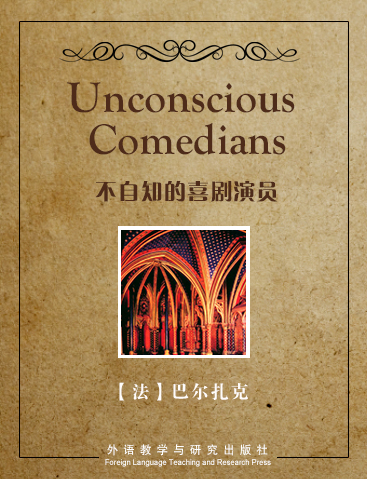

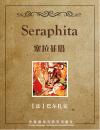
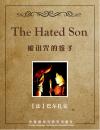
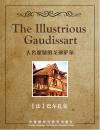
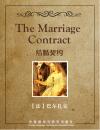
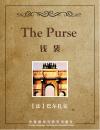

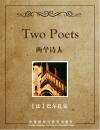
20141029150519282424.jpg)
20141029150733785522.jpg)
201410291508528591159.jpg)









 京公网安备 11010802032529号
京公网安备 11010802032529号
笔记加载中...